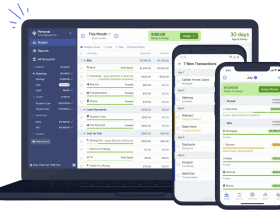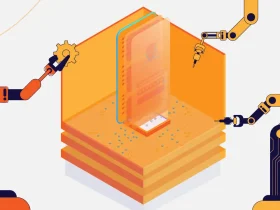The nature of employment is changing rapidly in the modern world. Automation and artificial intelligence are replacing jobs that were once done by humans, and new technologies are creating new job opportunities. In this changing landscape, it is essential for workers to adapt to ensure that they remain relevant and employable. Here are some ways that workers can adapt to the changing nature of employment:
1. Embrace Lifelong Learning
With new technologies emerging all the time, it is essential for workers to keep up-to-date with the latest developments in their field. This means embracing lifelong learning and being open to new ideas and approaches. Workers who are willing to learn and adapt are more likely to stay employable in the long term.

2. Develop Transferable Skills
As the nature of work changes, workers need to focus on developing transferable skills that can be applied across a range of jobs and industries. For example, skills such as communication, problem-solving, and teamwork are essential in almost any job, and workers who possess these skills are more likely to be in demand.
3. Embrace Remote Work
The COVID-19 pandemic has accelerated the trend toward remote work, and this trend is likely to continue in the future. Workers who are comfortable working remotely and possess the necessary technical skills are likely to be in high demand. However, remote work also requires workers to be self-motivated and disciplined, as they may not have the same level of supervision and support as they would in a traditional office environment.

4. Be Open to Gig Work
Gig work, or short-term contracts, is becoming increasingly popular in many industries. Workers who are open to gig work can benefit from greater flexibility and a wider range of job opportunities. However, gig work can also be unpredictable and may not provide the same level of job security as traditional employment.
5. Develop Entrepreneurial Skills
As the job market becomes more competitive, workers who possess entrepreneurial skills are likely to be in high demand. These skills include the ability to identify new business opportunities, develop innovative solutions, and take calculated risks. Workers who possess these skills may find success as entrepreneurs or as intrapreneurs within larger organizations.
The future of work is uncertain, but one thing is clear: workers who are willing to adapt and embrace change are more likely to stay employable in the long term. By embracing lifelong learning, developing transferable skills, embracing remote work, being open to gig work, and developing entrepreneurial skills, workers can position themselves for success in the changing nature of employment.













